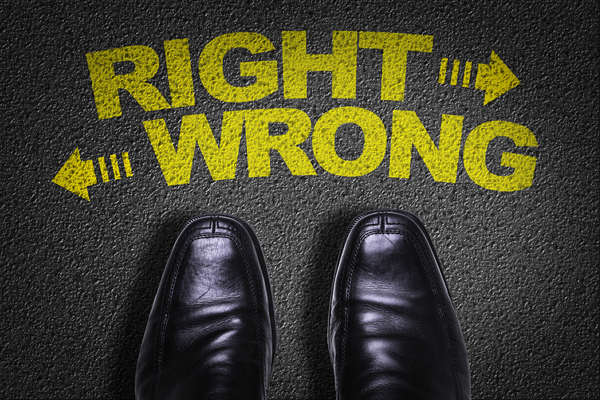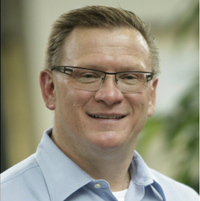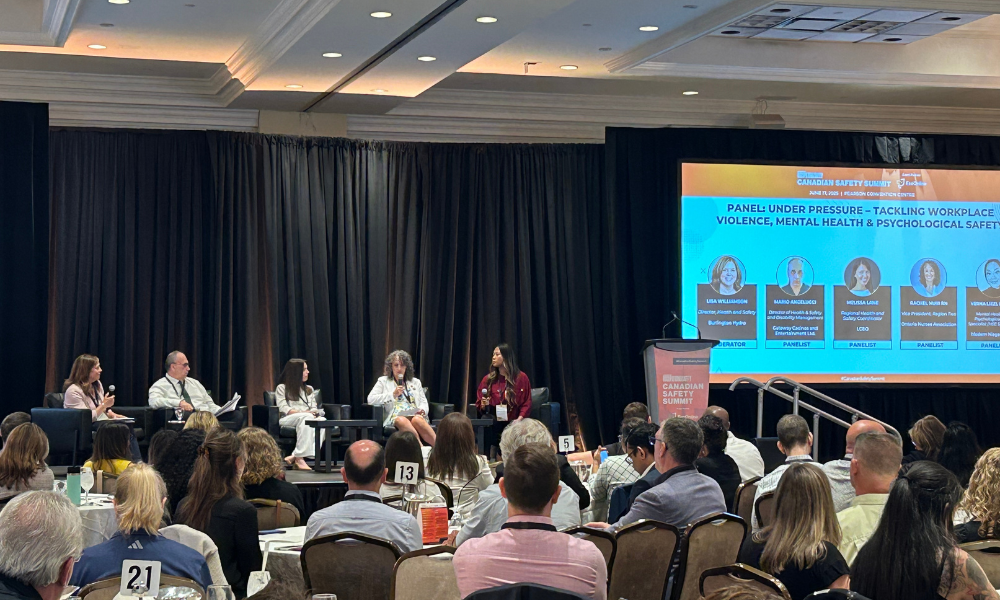Your values need to line up with codes of conduct from various OHS groups

The practice of safety has a definite ethical component. Often, the most ethical actions to take are obvious, such as the choice between a legal action and an illegal one. Other times, there are many considerations that may cloud decision-making. Typically, we are trying to optimize several parameters at the same time, and one of the parameters is “Does the work get done and do we all stay employed?” Ask a safety person about professional ethics and codes of conduct and each will claim to be the beacon for professionalism. However, many don’t fully understand what it means to behave ethically and what the true standards are for professional conduct. Safety practitioners need to take stock, understand the codes of conduct and be prepared to defend themselves as professionally ethical.
Ethics could be simply described as “applied morals.” Moral conduct is about agreeing with a standard of good behaviour and being able to choose between right and wrong. It shouldn’t be difficult, but as Mark Twain so famously said, “It is curious — curious that physical courage should be so common in the world and moral courage so rare.” In an ever-changing and sometimes scandal-ridden professional landscape, the value of doing the right thing is sometimes overridden by the ambition of getting ahead. This is where the practice of professional ethics is supposed to come into play.
Safety is still an emerging discipline and it remains at best a quasi-profession. As part of advancing the profession, we do need to sort out the standard of professional ethics and codes of conduct because a new profession is often under greater scrutiny. It is critical that we practise transparent, professional ethics and promote standards of behaviour that support and enhance the safety profession. As a cohort of professionals, we need to establish the standard, communicate it, adhere to it and ensure accountability. Adhering to professional ethics not only will make for a more professional OHS practitioner, but it will make for a more dependable and respected landscape for all OHS professionals.
Ethics are not black or white. You can’t just seek “white” because sometimes the only acceptable answer is a light shade of grey. Sometimes your shade of grey may be thought of by others as unethical, and you may be accused of being so. It seems that accusing someone for being unethical makes the accuser feel more personally ethical. But accusers often do so because of a lack of confidence — and likely competence — about the matter and the issue of professional conduct altogether.
Ethics and professionalism are not the same, even though they are closely connected. Professionalism is a way of conducting oneself that includes meeting an often indeterminate ethical framework. When it comes to professional conduct and ethical behaviour, the safety professional’s duty is remarkably similar to those in the medical profession: “Don’t do any harm, be honest in your dealings and do a good job.” For the OHS professional, this is summed up as: “Ensure employee health and safety today and everyday.”
Your values need to line up with codes of conduct from various occupational health and safety groups (the Board of Canadian Registered Safety Professionals, Canadian Registration Board of Occupational Hygienists, Canadian College for the Certification of Professional Ergonomists, etc.), which emphasize protecting people, property and the environment, while displaying a sense of honesty and fairness. Most safety professionals probably follow similar ethical guidelines; the challenge comes in applying them when facing situational constraints and organizational priorities. You are not making decisions in a vacuum. The organizational ethical climate has an influence on your personal safety ethic. The ethical climate refers to the organization’s shared perceptions about what behaviours are considered right or wrong. The question is not whether an action is ethical or not, but whether it fits with the organization’s ethical foundation.
You can brush up on this important topic area by taking a course or two. The American Industrial Hygiene Association has an online offering called Ethics for EHS Professionals. They also offer in-class courses at their annual professional development conference called Comparative Ethics. If you are looking for something closer to home, most universities offering an OHS program have a course on law and ethics. The University of New Brunswick in Saint John is developing an online course specifically on OHS ethics. Toronto’s Ryerson University offers an entire online certificate in ethics that is designed to provide relevant, university-level education for individuals whose career paths require an ability to apply the principles of ethics in both private and public sector organizations. Most health and safety conferences will have sessions or even a conference stream dedicated to OHS ethics. Take the time to learn more and get the conversation started. We need to recalibrate what we mean by ethics and talk about the shades of grey that fit our culture.
Glyn Jones is a partner at EHS Partnerships in Calgary. He provides program design and instructional support to the University of New Brunswick’s OHS and leadership certificate programs. He can be reached at [email protected] or follow him on Twitter at glynjones_ehsp.
This article originally appeared in the April/May 2019 issue of COS.






